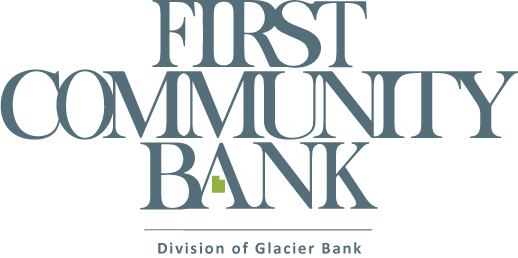Building Your Defense Against Fraud
By Leanne Hartman | SVP Retail Division Manager
Have you or someone you know been a victim of financial fraud or identity theft? Most likely the answer to that question is yes. Fraud is on the rise and becoming more common.
According to the Federal Trade Commission, there were 2.8 million fraud reports from consumers in 2021. This represents an increase of nearly 27% over the 2.2 million fraud reports in 2020. This is a significant increase considering this only accounts for fraud that has been reported. Many people are embarrassed to admit they fell victim to fraud and therefore do not report it. Listed below are a few prevention tips to help minimize fraud and information on what can be done if you become a victim of fraud.
Prevention
What can be done to better prevent fraud/identity theft?
- Monitor your accounts and credit cards by contacting your financial institution at least weekly.
- Consider using online banking to review transaction history and look for unauthorized charges.
- Keep passwords protected and change them often. Don’t use common names, previous passwords or the same password for all accounts.
- Verify phone calls and emails by contacting the source directly.
- Do not engage with unknown callers without verifying their legitimacy.
- Be aware of recent fraud scams. Education and awareness will allow you to recognize potential fraud scams. Consider using anti-virus software.
- Review your credit reports quarterly or at least annually through the credit bureau agencies.
- Keep financial documents safe and secure by using an at-home safe or a safe deposit box at your financial institution.
- Be cautious while making online purchases. Use only trusted or secure websites.
Reporting
What should you do if you have become a victim of fraud/identity theft?
- Contact your financial institution to block access to your accounts immediately. Keep a list of your financial institutions contact information for reporting purposes.
- Contact your local police department and file a police report.
- Add a fraud alert to your credit file with the credit bureau agencies.
- If your computer has been compromised, take it to a known and trusted source to have it scanned for malware.
- Contact the Social Security Administration and the IRS if your identity has been compromised.
Raising your awareness will decrease your chances of falling victim to fraud. Proper prevention will help maintain good financial security. Reporting fraud immediately will lessen the financial impact of fraud and identity theft. Fraud is NOT going away but following these tips can help protect you and your finances.
.jpg) Author: Leanne Hartman, SVP Retail Division Manager
Author: Leanne Hartman, SVP Retail Division Manager
Leanne has worked with First Community Bank for over 20 years in various departments including branch management, mortgage lending and operations. She currently oversees the bank’s branch network and works on the back end with her amazing team to help keep our customers safe from fraud.
